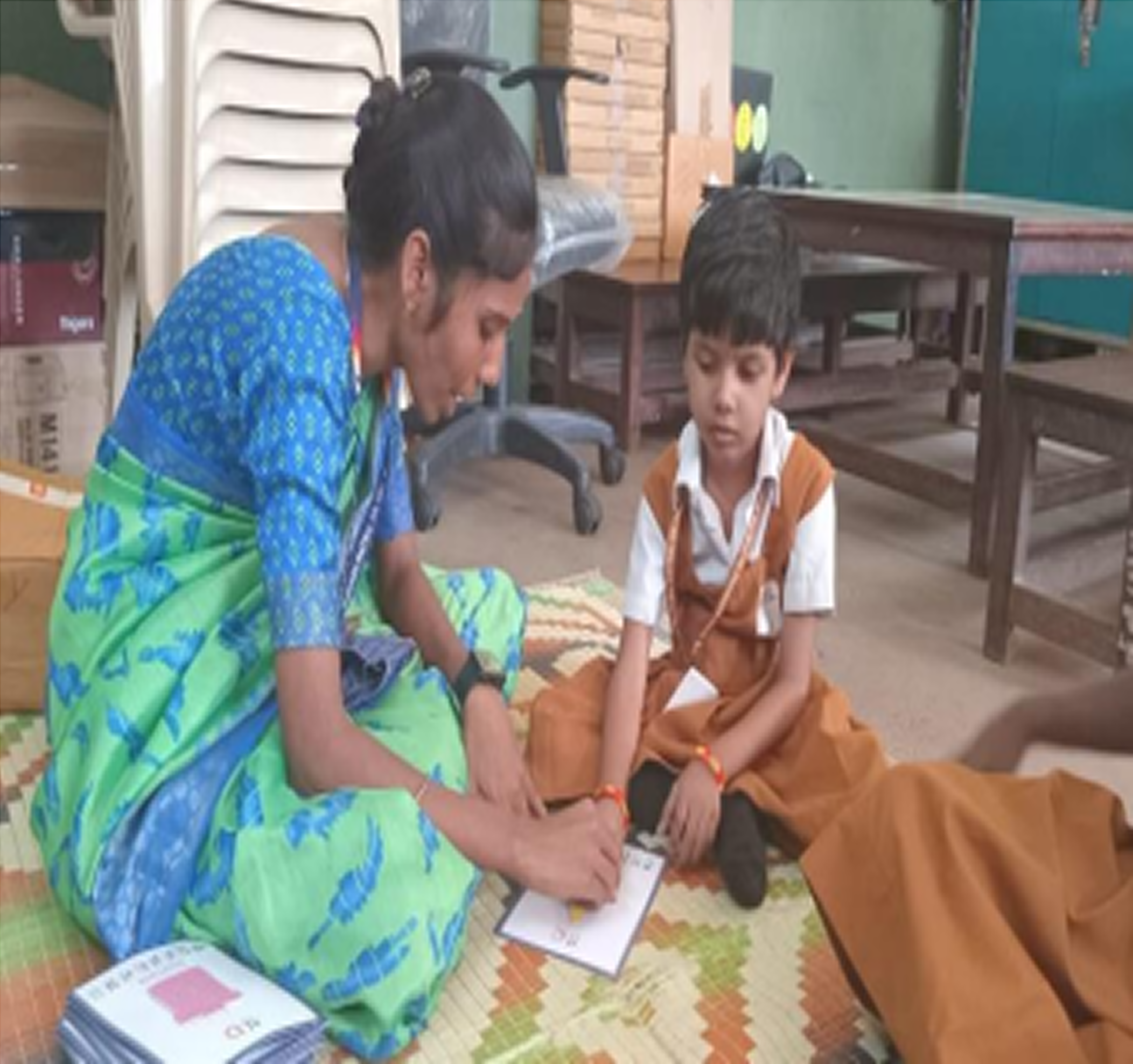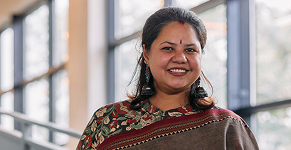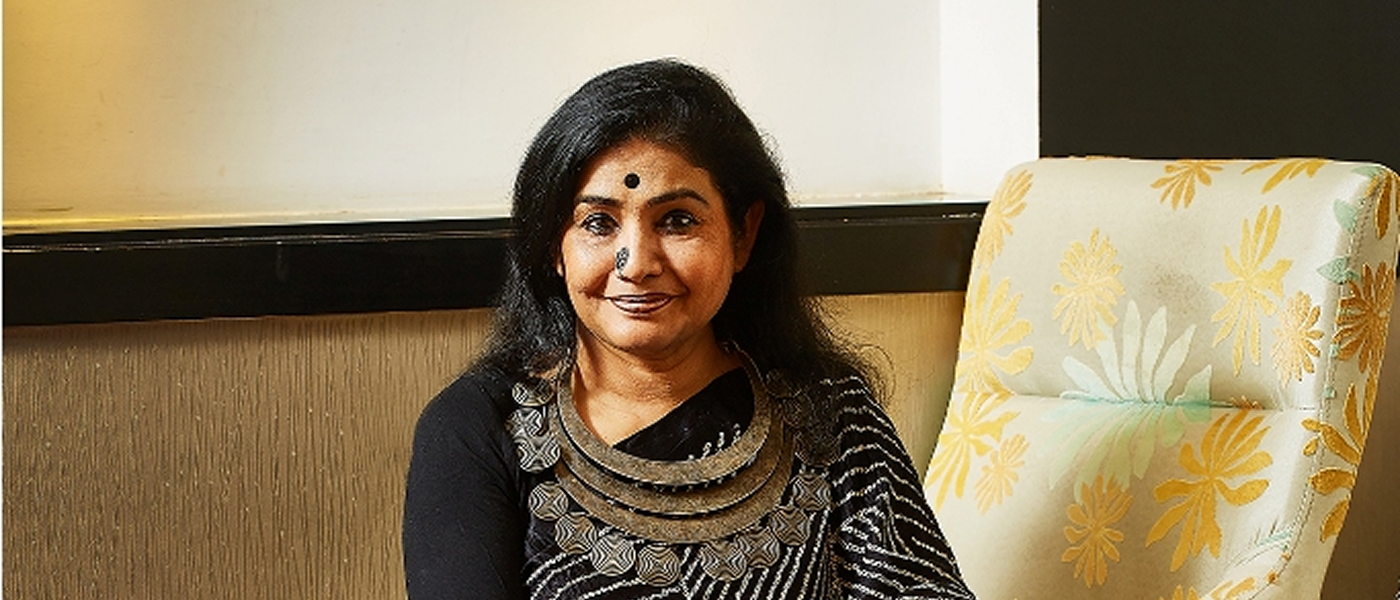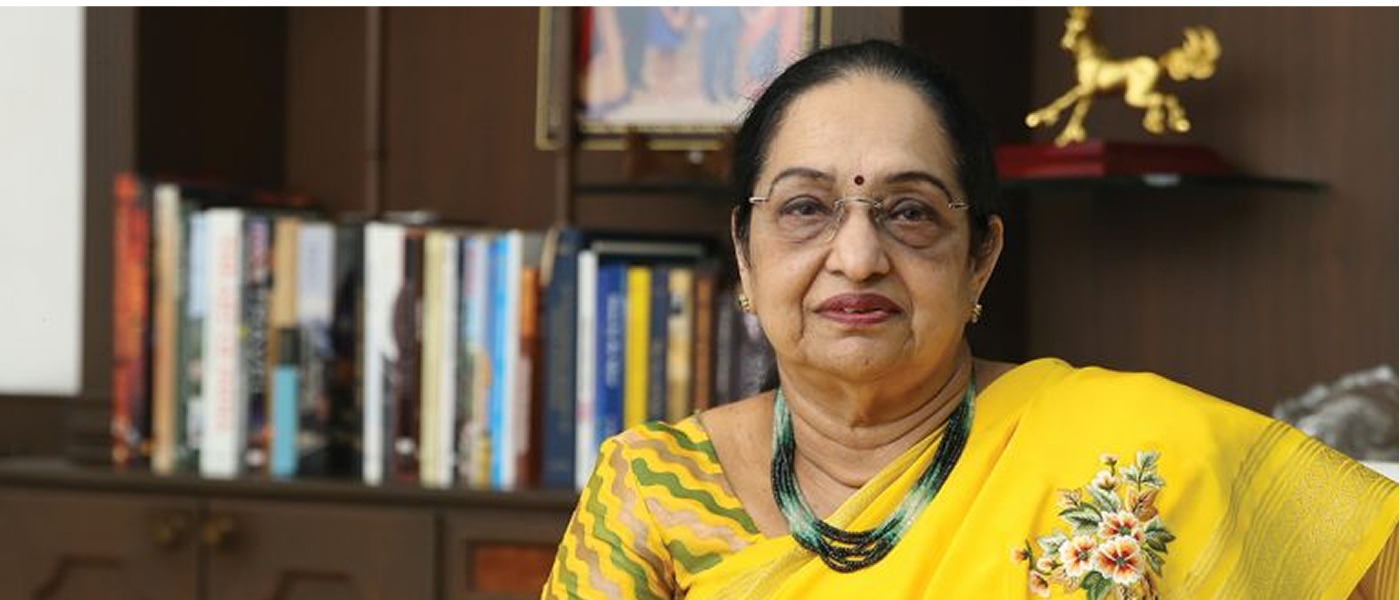History
Established in 1961, we provide meaningful services for the Blind, low vision and Persons with Visual Impairment and Associated Disabilities.
1960s
Founded as the first NAB chapter in India
1990s
Expanded rehabilitation and training programs
Present Day
Leading advocacy and empowerment initiatives

Vision
To create an inclusive society where persons with visual impairment and associated disabilities are empowered, accepted, and enabled to live with dignity, independence, and equality.
Mission
To enable persons with visual impairment and associated disabilities to realize their potential by
Facilitating inclusive education and accessible learning
Providing rehabilitation and life skills training
Offering vocational education and promoting employment opportunities
Creating platforms for recreation, advocacy, and community participation
Ensuring social acceptance, economic independence, and total inclusion through collaborative, sustainable programs and services
Highlights

S.T.S. Gugan getting the First Rank in the State among the Special Schools.

M. Bharath creating a landmark as the first student with Visual Impairment to complete XII Std with Science Group.

Admission of a student from Bangladesh in science group in the Inclusive education program at Sethu Bhaskara Matriculation Higher Secondary School

3 teacher volunteers deputed by NAB-TNSB to Trichy Girls Government Higher Secondary School with 100 girls under the Education Outreach program

The accessible E-PUB books initiative

Launching of the scribes group by Thryve Digital

Computer training with modified curriculum and

Introduction of advanced training course.

Coaching classes for TNPSC, a new initiative.

An Employer’s Meet with prospective employers, a new initiative.
Leadership Team










Impact
Since our inception in 1961, NAB-TNSB has been at the forefront of empowering individuals with visual impairment and associated disabilities across Tamil Nadu. Our programs are designed not just to support, but to transform lives fostering independence, dignity, and equal opportunities.

